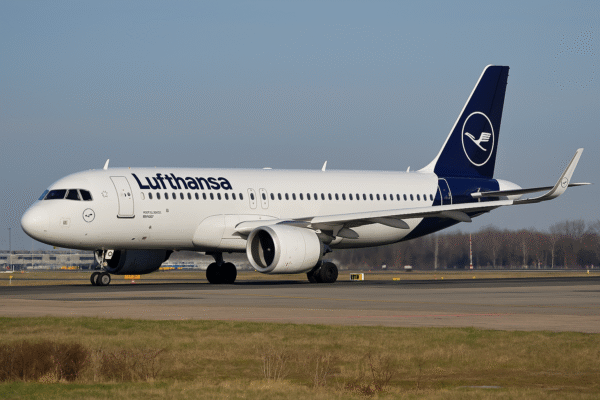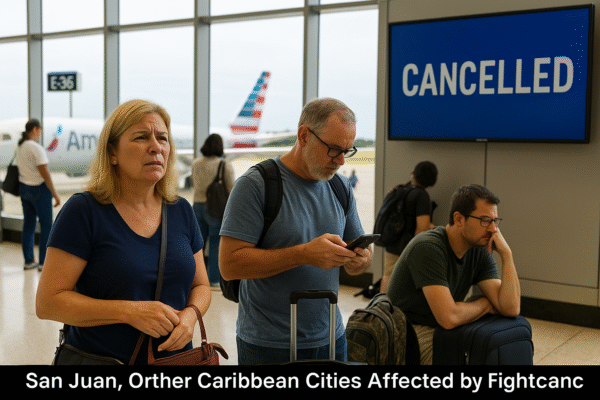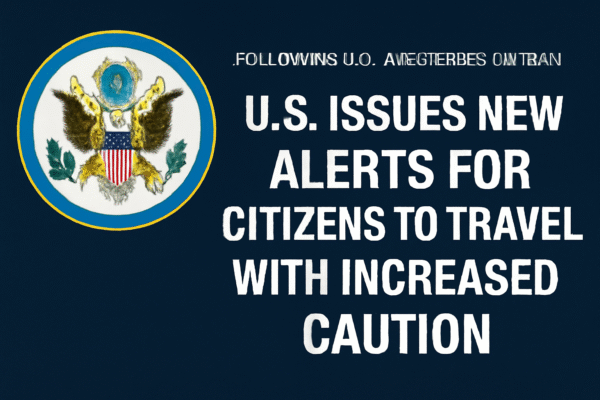Following President Trump’s announcement that the U.S. conducted airstrikes on three major Iranian nuclear facilities—Fordow, Natanz, and Isfahan—the U.S. State Department escalated its global travel advisory on Sunday (June 22, 2025). The alert emphasizes ongoing airspace disruptions and the risk of anti‑American protests in regions worldwide, notably across the Middle East. American travelers are urged to adopt heightened situational awareness, avoid high‑profile venues, and monitor local updates via country‑specific advisories and the Smart Traveler Enrollment Program (STEP).
Airline Operations Disrupted and Rerouted
Major Gulf carriers, including Qatar Airways, Emirates, Etihad, Gulf Air, and others based in the region, suspended or redirected flights in response to Qatar’s airspace closure and related missile threats. European and Asian airlines—British Airways, Singapore Airlines, Air India, Finnair—also canceled or rerouted routes bound for Middle East hubs.
Today’s disruptions impact key transit centers, from Doha’s Hamad International to Dubai International and Ben Gurion Airport in Tel Aviv. Flights via Israel, Jordan, Iraq, Syria, and Lebanon are seeing delays, diversions, and cancellations—extending connecting times and operational costs as airlines reroute over safer corridors above Saudi Arabia and Egypt.
Impact on Travel Industry: Bookings, Insurance & Tourism
Travel advisors and industry experts warn of serious knock-on effects on long‑haul bookings. Thailand’s tourism managers foresee a 10–20% drop in arrivals from U.S., Middle Eastern, and European markets during the peak June–August season amid ongoing volatility.
Insurance providers are highlighting the importance of early coverage: policies purchased before conflicts are typically honored, while late purchases may see disruption claims denied. Travelers are ultimately being urged not to cancel on impulse—many airlines provide rerouting options, and refunds require airline-initiated changes.
Industry advice includes:
- Travel insurance with Cancel‑For‑Any‑Reason provisions
- Carry-on essentials for delays
- Booking flexibility and rerouting guarantees
- Sharing itineraries with loved ones
Evacuations & U.S. Embassy Actions
The State Department has also expedited evacuations for U.S. nationals in high-risk areas:
- Israel/West Bank:
Emergency flights have doubled to evacuate diplomatic staff, families, and Americans—6,000 have contacted the embassy. The Jerusalem embassy and Tel Aviv branch remain on departure mode, advising tourists to use the “first available option,” including commercial transport and maritime options from Israel. - Iran:
With no diplomatic presence, U.S. citizens are encouraged to exit via Azerbaijan, Armenia, or Turkey using land routes if safe. Dual nationals face checkpoints, questioning, and high detention risk. - Iraq and Lebanon:
Baghdad and Erbil consulates have paused routine visas but continue U.S. citizen services. Lebanon has seen nonessential staff departures due to security volatility. - Jordan, Turkey, Saudi Arabia:
U.S. guidance for Jordan remains at Level 2 (exercise increased caution) with no evacuation yet. In Turkey, travelers are advised to avoid southeast provinces and maintain low visibility, due to potential anti‑Western sentiment. Saudi nationals and American citizens alike are warned to limit non‑essential visits to military facilities.
Travel Industry Response & Recommendations
An immediate industry pivot is underway:
- Airlines rerouting to avoid conflict zones, with IndiGo resuming phased Middle East operations as airspace reopens
- Tour operators revising itineraries to bypass Middle Eastern layovers, promoting alternate hubs like Istanbul, Athens, or North Africa transit.
- Travel platforms (e.g., Wego, Accor) mobilizing real-time notifications and fare adjustments, especially for June/July travel.
The key messages from the travel sector are clear:
- Maintain flexibility in bookings
- Obtain comprehensive, timely insurance
- Stay connected via STEP, embassy alerts, and airline updates
- Prepare for longer travel times and alternate routing
What Travelers Should Do Now
| Action | Rationale |
|---|---|
| Enroll in STEP | Receive location-based embassy alerts and rapid outreach assistance |
| Buy insurance early | Secure protection for disruptions, delays, or evacuations |
| Stay in contact | Keep itinerary with family and travel advisors; monitor embassy announcements |
| Avoid hotspots | Limit exposure to protests, military zones, large gatherings |
| Consult airlines | Check for rerouting options or compensation for flight changes |
Outlook for the Travel Sector
While airspace closures and security threats in the Middle East have destabilized flight networks, industry stakeholders emphasize resilience built from past conflicts (e.g., Ukraine airspace reroutes). Recovery hinges on diplomatic de-escalation. If tensions subside, airline routes and tourism bookings are expected to steadily rebound.
Stay updated, follow our travel alerts.


















